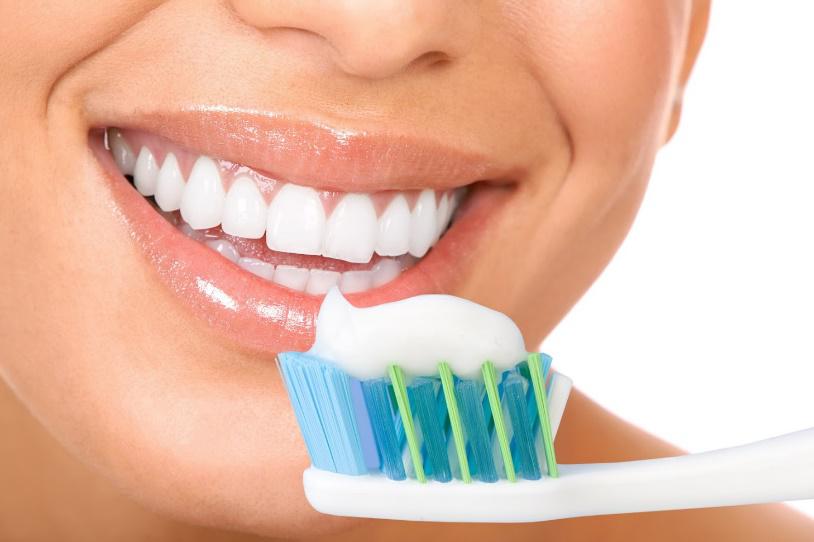Choose the Right Toothpaste
 A typical toothpaste aisle at a grocery or drugstore contains dozens of toothpaste varieties. Like many people, you may think that all toothpastes are alike and their marketed differences are simply marketing gimmicks.
A typical toothpaste aisle at a grocery or drugstore contains dozens of toothpaste varieties. Like many people, you may think that all toothpastes are alike and their marketed differences are simply marketing gimmicks.
If your teeth and gums are perfectly healthy and no problems are typically revealed during your dental exams, you have no reason to overthink your toothpaste choice. However, if you would like to improve your dental health, then putting more thought into the toothpaste you purchase may help you meet your dental health goals.
Read on to learn how to choose the right toothpaste for you if you would like to improve your oral health.
Choose the Right Form of Fluoride
Different toothpastes contain several types of fluoride, and while similar, they have slight differences. The three main types of fluoride added to toothpastes today are sodium fluoride, sodium monoflourophosphate, and stannous fluoride.
While all three types of fluoride help strengthen your tooth enamel to ward off cavities, stannous fluoride offers additional dental health benefits.
Since stannous fluoride is the only type of fluoride that kills bacteria, it can help kill the bacteria that cause gum disease and cavities. In addition, this form of fluoride leaves a protective barrier over your teeth after brushing, which is beneficial if you have sensitive teeth.
If you suffer from frequent cavities, gum disease, and/or tooth sensitivity, then you may want to choose a toothpaste that contains stannous fluoride.
Consider Tartar Control Protection
When you brush your teeth, you not only remove food particles, but also plaque. Plaque is a sticky substance on your teeth made up of saliva, food residue, and bacteria. This bacteria in this substance release acids that cause cavities.
However, even people who brush and floss their teeth well can leave plaque behind. When soft, sticky plaque is not removed from teeth promptly, it turns into a hard substance called tartar due to a process called calcification.
Plaque often accumulates under the gum line and causes or contributes to the formation of gum disease.
If your dentist must often remove a large amount of tartar from your teeth during professional dental cleanings or you have gum disease, then you may want to consider using a tartar control toothpaste. However, these toothpastes do not remove tartar, but instead they contain ingredients that help keep tartar from forming in the first place.
Saliva contains calcium. Plaque calcifies when bathed in the calcium in your saliva. When you use a tartar control toothpaste that contains sodium pyrophosphate or sodium hexametaphosphate, the sodium phosphate molecules trap the calcium in your saliva before it comes in contact with the plaque on your teeth to prevent plaque calcification.
Other tartar control toothpaste formulations on the market can help prevent tartar formation with the use of other additives.
Some tartar control toothpaste formulations can be harsh on oral tissues, leading to some people experiencing a burning sensation or soreness in their mouths when using them. Try a tartar control toothpaste and, if it causes discomfort, skip the tartar control formulation and focus on improving your brushing and flossing habits to prevent tartar formation.
Combat Tooth Sensitivity with These Ingredients
Many toothpastes on the market can help relieve tooth sensitivity. However, if you tried one once or twice and it didn’t seem to work, realize that these toothpastes must often be used daily for at least a month before they reduce tooth sensitivity.
These toothpastes contain ingredients that fill the small tunnels in your teeth called tubules that lead from the tooth enamel to the tooth nerve.
Along with stannous fluoride, potassium nitrate is another good tooth desensitizing ingredient to look for in a toothpaste.
Follow these tips when choosing your next toothpaste tube to help improve your dental health. Contact the staff at Crest Hill Family Dental to schedule your next dental exam and obtain expert at-home oral care tips.

